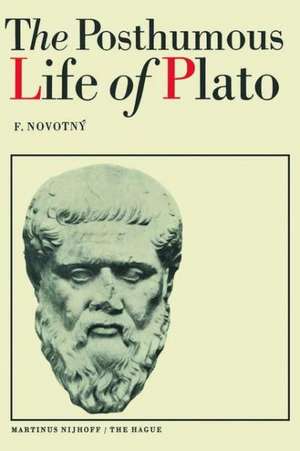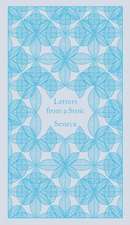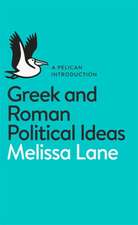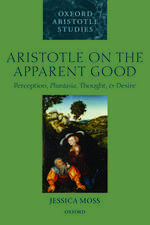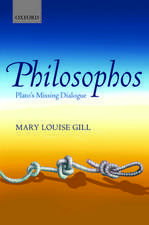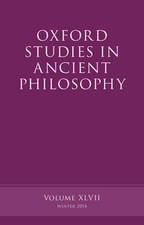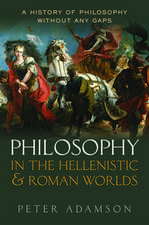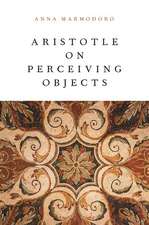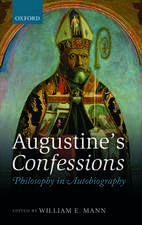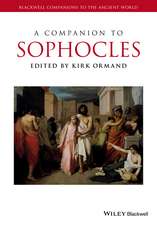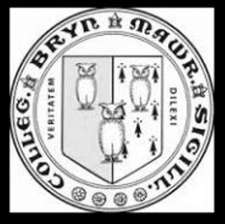The Posthumous Life of Plato
Autor F. Novotny Editat de Ludvík Svoboda, J.L. Bartonen Limba Engleză Paperback – 21 dec 2011
Preț: 409.89 lei
Nou
Puncte Express: 615
Preț estimativ în valută:
78.44€ • 85.18$ • 65.89£
78.44€ • 85.18$ • 65.89£
Carte tipărită la comandă
Livrare economică 22 aprilie-06 mai
Preluare comenzi: 021 569.72.76
Specificații
ISBN-13: 9789400997066
ISBN-10: 940099706X
Pagini: 676
Ilustrații: 667 p.
Dimensiuni: 160 x 240 x 35 mm
Greutate: 0.93 kg
Ediția:1977
Editura: SPRINGER NETHERLANDS
Colecția Springer
Locul publicării:Dordrecht, Netherlands
ISBN-10: 940099706X
Pagini: 676
Ilustrații: 667 p.
Dimensiuni: 160 x 240 x 35 mm
Greutate: 0.93 kg
Ediția:1977
Editura: SPRINGER NETHERLANDS
Colecția Springer
Locul publicării:Dordrecht, Netherlands
Public țintă
ResearchCuprins
I. Plato in Antiquity.- 1. Plato’s first successors.- 2. Aristotle and the older Peripatetics.- 3. New schools: Zeno, Epicurus, Pyrrho.- 4. The Academy as the school of uncertainty.- 5. Back to certainty.- 6. In Rome. Cicero.- 7. Contacts with the Old Testament.- 8. Across the boundaries of the schools.- 9. Before Plotinus.- 10. The first contacts with Christianity.- 11. Plotinus and the Neo-Platonists.- 12. The Christian Fathers.- 13. Ancient laudatory and calumnious legends on Plato.- 14. Interpretation, criticism, polemics.- 15. Other responses and effects.- II. Plato in the Middle Ages and in the New Age.- 16. Entry into the Middle Ages in the East.- 17. The West before the Renaissance.- 18. The beginning of the Italian Renaissance.- 19. Plato and Aristotle, contest and temporary reconciliation.- 20. Marsilio Ficino. The Florentin Academy.- 21. The diffusion of Renaissance Platonism.- 22. From Descartes to Kant.- 23. The age of the autocracy of reason.- 24. The new Humanism.- 25. Modern Platonic scholarship.- 26. Plato in modern philosophy.- 27. New translations. From science to literature.- 28. Plastic, graphic and mechanical arts. Music. Education.- 29. Life without end.- Name index.- Picture index.
